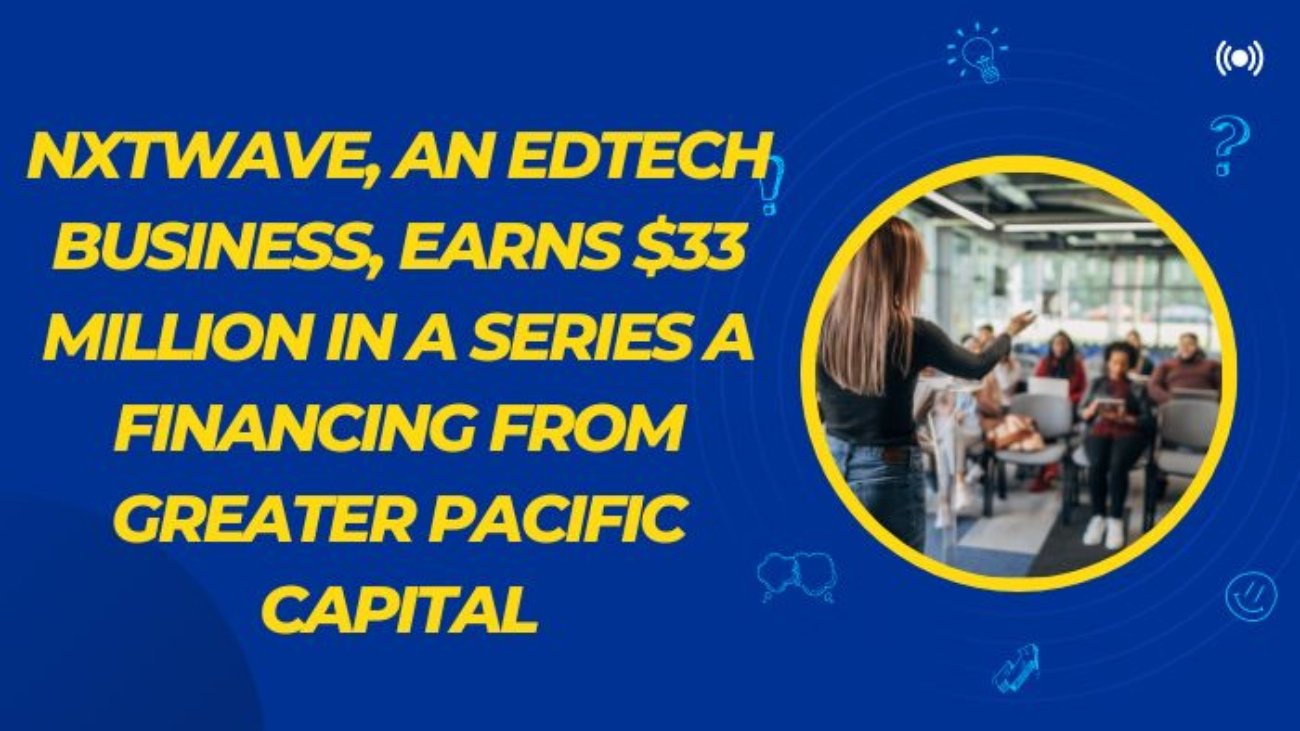The gaming industry is undergoing a transformation with the emergence of Web3 games. Kratos Studio, a leading player in this space, recently secured Rs 160 crore in venture funding, highlighting the potential of this new technology.
Web3 games are powered by blockchain technology and offer gamers an unprecedented level of transparency and security. Players can own their digital assets and have complete control over them without relying on third party intermediaries. This is a game-changer for the gaming industry as it opens up new possibilities for developers to create innovative experiences for gamers.
Kratos Studio’s success story is proof that Web3 games are here to stay and will continue to disrupt the gaming industry in the coming years.
What is Kratos Studio and Why Have They Raised Rs 160 Cr in Venture Funding
Kratos Studio is a revolutionary AI-driven platform that enables businesses to create and manage content at scale. It uses cutting-edge technologies such as natural language processing, machine learning and computer vision to automate the content creation process. This helps businesses save time, reduce costs and increase their efficiency in content production.
Kratos Studio has recently raised Rs 160 Cr in venture funding, as investors are seeing the potential of this technology in revolutionizing the content industry. It has already been adopted by some of the world’s leading organizations and is expected to be used more widely in the near future. With its ability to generate high-quality content quickly, Kratos Studio could be a game changer for businesses looking for an efficient way to create engaging digital experiences for their customers.
What is Web3 and How Can It Revolutionize the Gaming Industry
Web3 is an emerging technology that has the potential to revolutionize the gaming industry. It is a distributed ledger technology (DLT) that allows users to securely store, share and transfer digital assets without the need for a centralized server or third-party intermediary.
By using Web3, developers can create games that are more secure, transparent and trustless. Additionally, Web3 will enable developers to create games with new features such as decentralized ownership of digital assets, digital transactions and smart contracts. This could lead to an entirely new type of gaming experience for players, one where they have full control over their virtual items and in-game economies.
What Does This Mean for Nazara Former CEO Manish Agarwal and Kratos Studio
Manish Agarwal and Kratos Studio have been making waves in the gaming industry with their innovative approach to developing and publishing games. As the former CEO of Nazara Technologies, Manish Agarwal has been instrumental in transforming the company into a leader in mobile gaming.
Meanwhile, Kratos Studio has become one of the most successful game development studios in India. With their combined experience and expertise, it is clear that they are both well-positioned to make an impact on the future of gaming. In this article, we will explore what this means for Manish Agarwal and Kratos Studio as they look to further expand their presence in the industry.
How Can Web3 Games Help Create a More Engaging & Immersive Gaming Experience
Web3 games are the next evolution of gaming, allowing for a more immersive and engaging experience than ever before. By leveraging blockchain technology, these games can offer players a greater degree of ownership over their in-game assets and progress, as well as more secure transactions. Additionally, Web3 games can also support new types of gameplay experiences that are not possible with traditional gaming platforms. In this article we will explore how Web3 games can help create a more engaging and immersive gaming experience for players.
Key Points
- The firm intends to invest money to construct distribution networks for international Web 3 games in developing areas.
- Manish Agarwal, the former CEO of Nazara, and angel investor Ishank Gupta have funded Rs 160 crore for Kratos Studios, their new Web3 game company, at a valuation of Rs 1,200 crore.
- Accel Partners led the investment round, which also included Prosus Ventures, Nexus Venture Partners, Courtside Ventures, Nazara, and other investors.
- The firm intends to invest money to construct distribution networks for international Web 3 games in developing areas.
- “We are giving the 500 million or more players in South Asia the chance to use their time and expertise to create digital commodities for international games on the blockchain. This would allow South Asia to develop into a manufacturing hub for digital goods for the gaming industry, “In a statement, Agarwal stated.
- In order to work with IndiGG on the Web3 front, Nazara Technologies has also invested in this round.
- A blockchain-based gaming community called IndiGG is constructing distribution channels for international Web3 games in developing nations (DAO). It will make investments in the world’s most exciting Web3 games.
- In addition to generating money, Kratos Studios has also exchanged tokens for IndiGG, which is backed by Polygon Lab. Following the acquisition, holders of existing INDI tokens will exchange them for new tokens during the Token Generation Event in exchange for the new token. The INDI coin will continue to trade on the current exchanges up until that point.
- “As sub-DAOs in the IndiGG ecosystem, the IndiGG stack will collaborate with already-existing gaming micro-communities in South Asia, both offline and online. These micro-communities will support the rapid expansion of the community for international Web3 games “added Gupta.
- According to the startup, both co-founders will continue to work closely with co-founders Sandeep Nailwal of Polygon and Gabby Dizon of Yield Guild Games (YGG) to develop the first gaming DAO.
- “Blockchain has the potential to profoundly change the gaming industry and spur expansion in developing nations. We think that this group is most placed to help players realise this value. Along with IndiGG, we are dedicated to creating a thriving gaming ecosystem “Accel’s Subrata Mitra, a partner, continued.










